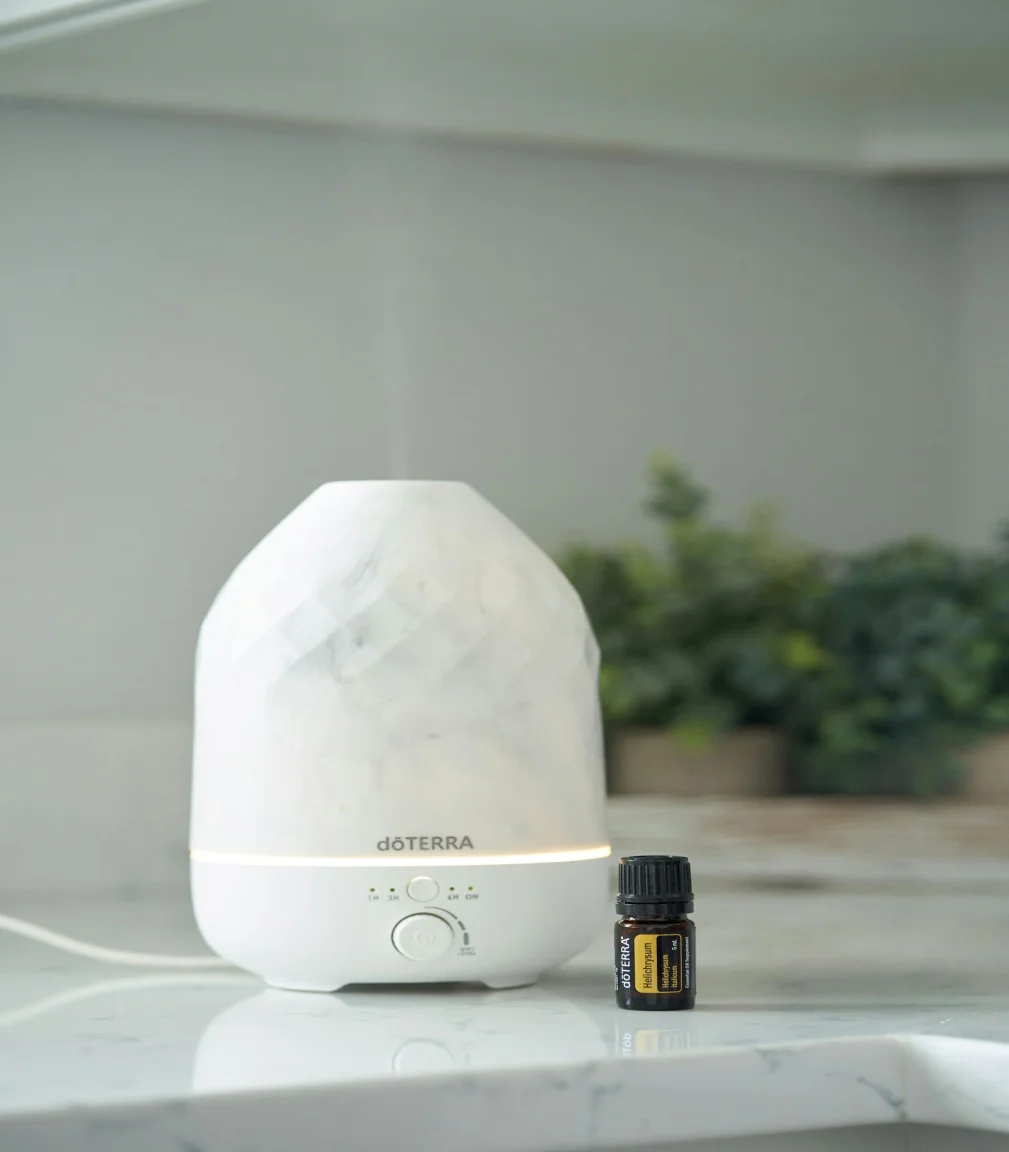Treating Winter Allergies: Managing Symptoms as the Cold Sets In

Whenever the topic of 'allergies' comes up, the mind directly goes to the spring season, with people surrounded by pollen-filled air and blooming flowers—a typically outdoorsy image. This is a misconception, though; people are just as prone to allergies in the winter as they are in spring, regardless of being indoors mostly.
Indoor allergens, such as smoke, dust from fireplaces, mold, and pet dander, can be just as irritating as springtime triggers. Luckily, though, there are effective ways to manage these triggers at home through winter allergy treatment methods like the ones discussed in this blog—let’s get right into it!
Plug in the Humidifier

First things first—plug in the good old humidifier that’s been sitting in your closet the entire year. If you don’t have one already, invest in one. There are different kinds of humidifiers available; you can try one which generates steam only to keep your room humid, which would increase moisture in the air relieving dryness and itchiness.
Alternatively, you can try a humidifier with essential oils or fragrance drops. Just make sure to choose the scents wisely because, ideally, you don’t want to aggravate the allergy.
Look into Air Filter Maintenance
Indoor ventilation is very important, especially during the winter season. Be sure to use premium-quality air filters in your heaters and air conditioners to ensure smooth and safe ventilation. Also, change the air filters often to avoid overuse and clean them regularly. For even better indoor surroundings, start using air purifiers.
Cleanliness is Key
Be very particular when it comes to cleaning the house. Do a regular sweep of the bedrooms and kitchen to ensure there are no infestations. Due to the harsh weather, rodents, parasites, and insects often take shelter indoors. Their droppings may cause allergic reactions, so call an exterminator at the first sign of any such infestation.
Invest In Hypoallergenic Products
If you’re still using regular bed sheets and pillow covers, it's time to switch. Start using hypoallergenic bed sheets and pillow covers to fight off dust mites and prevent dead skin cells from entering your bedding.
These almost allergen-free products will not only keep any allergic reactions at bay, but they’ll also ensure better sleep!
Consider An Online Allergy Doctor
Sometimes, winter allergies can be ruthless, with symptoms so stubborn that no humidifier or cleaning efforts help. In such cases, your last resort is seeing an online doctor for allergies.
At TelMDCare, our virtual doctors for allergies can help you get through the toughest allergies this winter season. From medication to allergy relief remedies, they can guide you through the best ways to manage and treat winter allergies from the comfort of your home.
Give us a call to learn more.